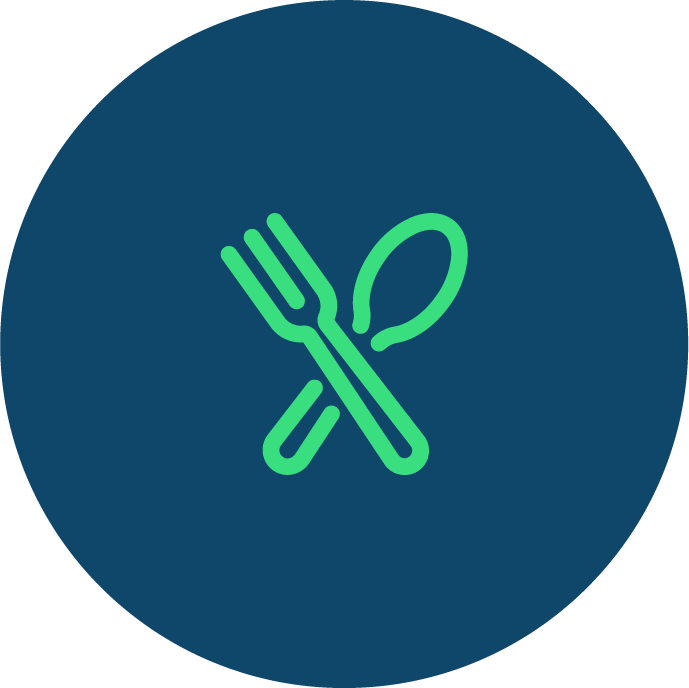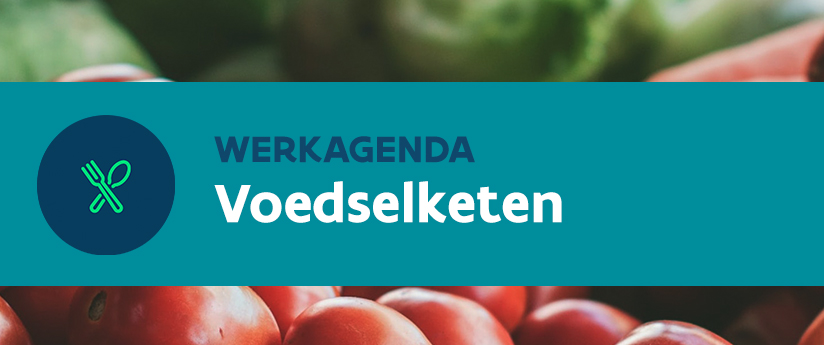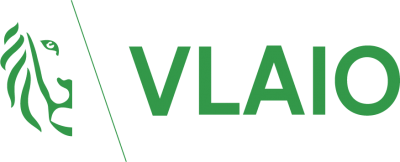Topics
We organise our actions in six thematic & strategic agendas:
Strategic Agendas:
Bio-economy
Circular Construction
Chemicals/Plastics
Manufacturing Industry
Food Chain
Water Cycles
Seven leverages provide additional support:
Leverage effects:
Lever Policy Instruments
Lever Circular Procurement
Lever Communication
Lever Innovation & Entrepreneurship
Lever Financing
Lever Jobs & Skills
Lever Research
What, why and how?
Why are we pursuing a circular economy?
Future visions 2050
How do we see our circular future?
About our management
Who steers what at Flanders Circular?

Our Approach / Strategic Agendas
Food chain

Why
Economic importance
The agri-food sector is one of the most important economic sectors in Flanders.
- According to the latest available figures (2016), the Flemish agribusiness complex (ABC) had 34.325 businesses.
- Almost 152,000 people were working in the various branches of the ABC (including self-employed in agriculture and horticulture). This corresponds to about 5.5% of the total working population in the Flemish Region.
- ABC companies then invested €2.04 billion.
- The ABC's turnover has increased sharply in recent years, reaching 61.7 billion euros in turnover. This growth is mainly due to the food industry, which achieves a turnover of 39.7 billion euros.
- The added value of the ABC was €8.3 billion (source: Department of Agriculture & Fisheries).
Further increasing sustainability: circularity 2.0
But the food chain also faces a number of challenges to further sustainability. The circular economy offers opportunities to address sustainability challenges.
The strategic agenda aims to take circularity within the food chain to the next level: a circularity 2.0. In fact, the food chain has traditionally had circularity within it: by-products of food products go into animal nutrition, which is used to feed animals. Manure from the animals is used to keep the land fertile and grow high-yielding crops again. Those crops are then made into food again. So you end up with by-products again and the circle is complete.
Yet the circle is not completely closed. Over time, the various sectors have increasingly used external inputs and are responsible for emissions to the environment. The focus is currently mainly on making internal processes more sustainable and reducing production losses. That focus has its limitations in minimising the material footprint of the entire food chain. To go one step further, a systemic perspective is needed where the focus shifts from an individual actor to the interconnection of those individual challenges to arrive at an opportunity for the entire food chain.
















